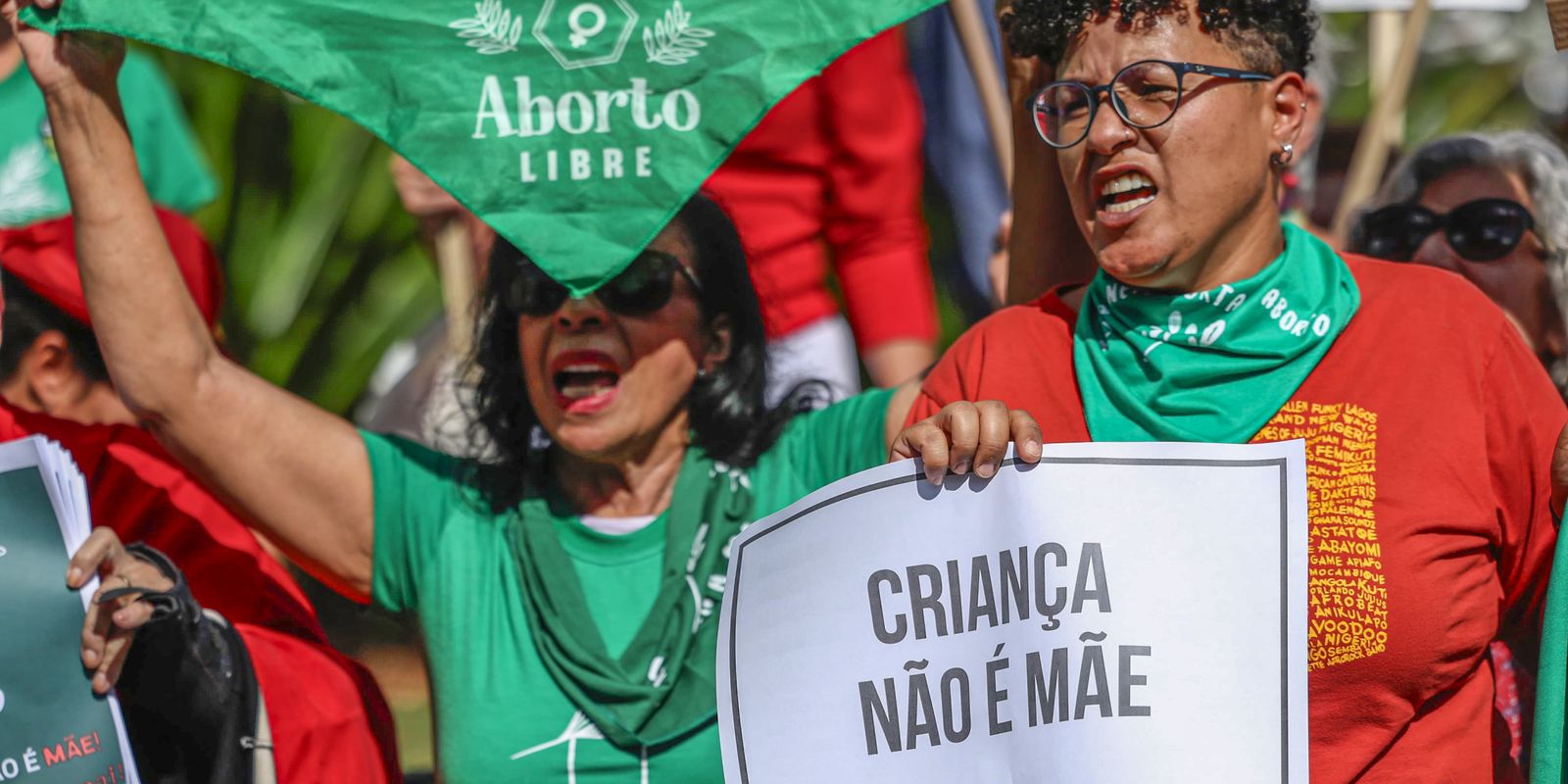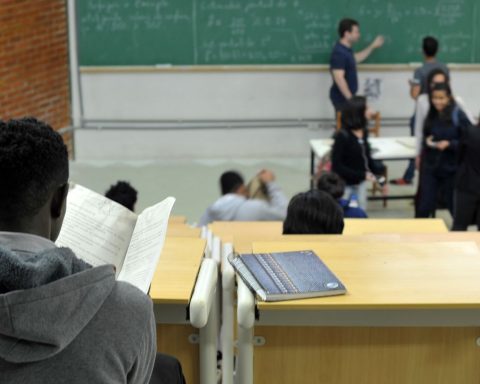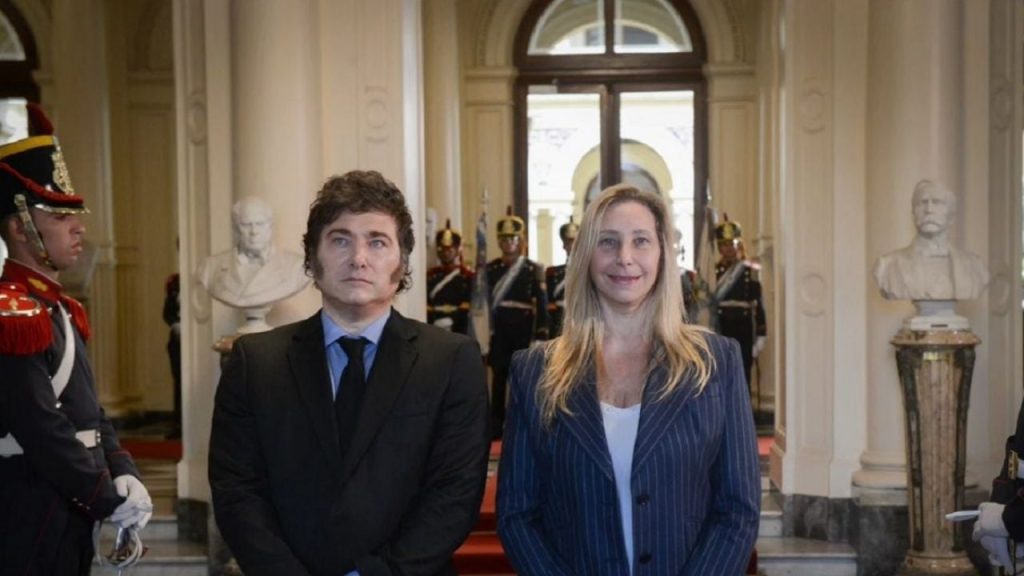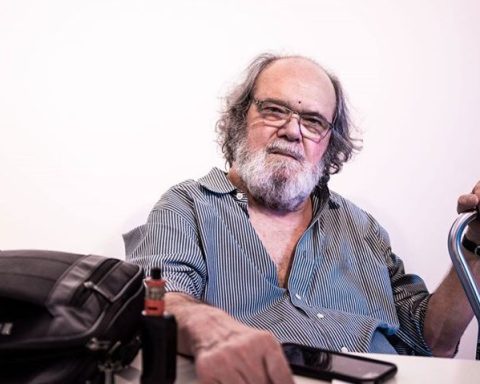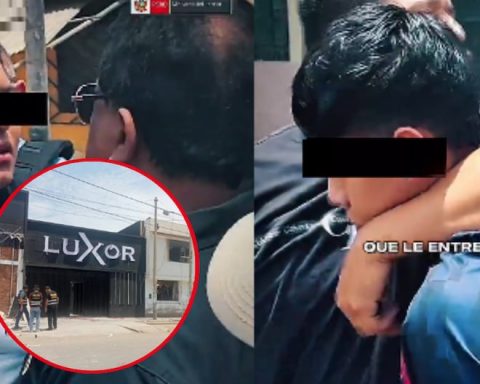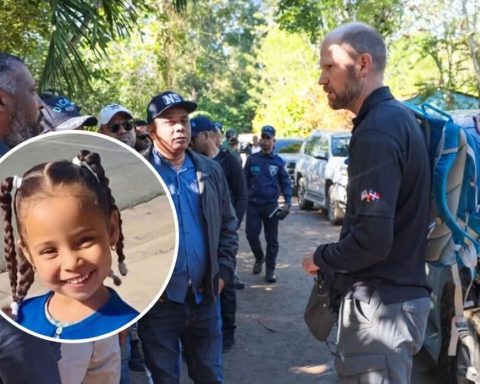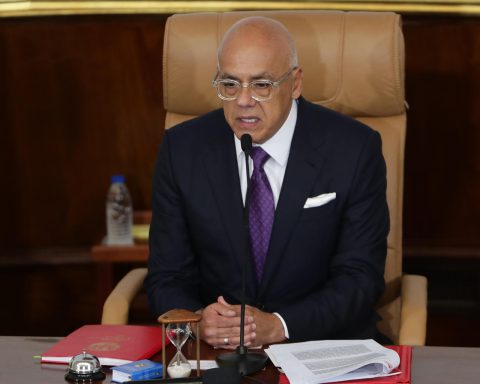Following a court decision, the federal government published, this Wednesday (8), a resolution from the National Council for the Rights of Children and Adolescents (Conanda) on assistance to victims of sexual violence.
THE Resolution No. 258from December 2024, establishes a specific protocol in the case of child and adolescent pregnancy resulting from sexual violence. The standard establishes the guarantee of quick and safe access to health services to carry out the legal termination of pregnancy, in the event of violence, in a humane and respectful manner.
Service must follow the principle of speed, non-revictimization and respect for the autonomy and listening of children and adolescents.
The norm also defines guidelines for the prevention of sexual violence in childhood, including the right to sexual education, and indicates the State’s duties in these cases.
In December, the resolution was approved by the majority of Conanda’s advisors, but federal government representatives opposed to the resolution requested a review of the process. The request for review was not accepted and the resolution was approved.
Then, the senator and former minister of the government of Jair Bolsonaro Damares Alves (Republicanos-DF) sued the court asking for the resolution to be suspended, alleging that the request for a view from the Civil House representative had been disrespected.
In the first instance, the senator obtained an injunction, which was overturned this Tuesday (7) by Judge Ney Bello. With this, the publication of the resolution was authorized.
The judge considered that the Council acted within its powers, “establishing the necessary assumptions for the correct termination of pregnancy when the result of abominable violence”.
The judge also said that “a society in which its institutions privilege the ideological clash and its pre-conceived truths, over the sanity, freedom and protection of minor victims of violence is doomed to failure as an adventure of rational modernity”.
The Legal Advisory Office for Popular Organizations, representing Conanda’s civil society entities, claimed that the decision complied with the provisions of Conanda’s regulations and was taken through democratic means.
The entity also warned that preventing the publication of the resolution prevents the protection of thousands of girls, victims of sexual violence, who suffer new violence when seeking support from the State to protect their rights.
